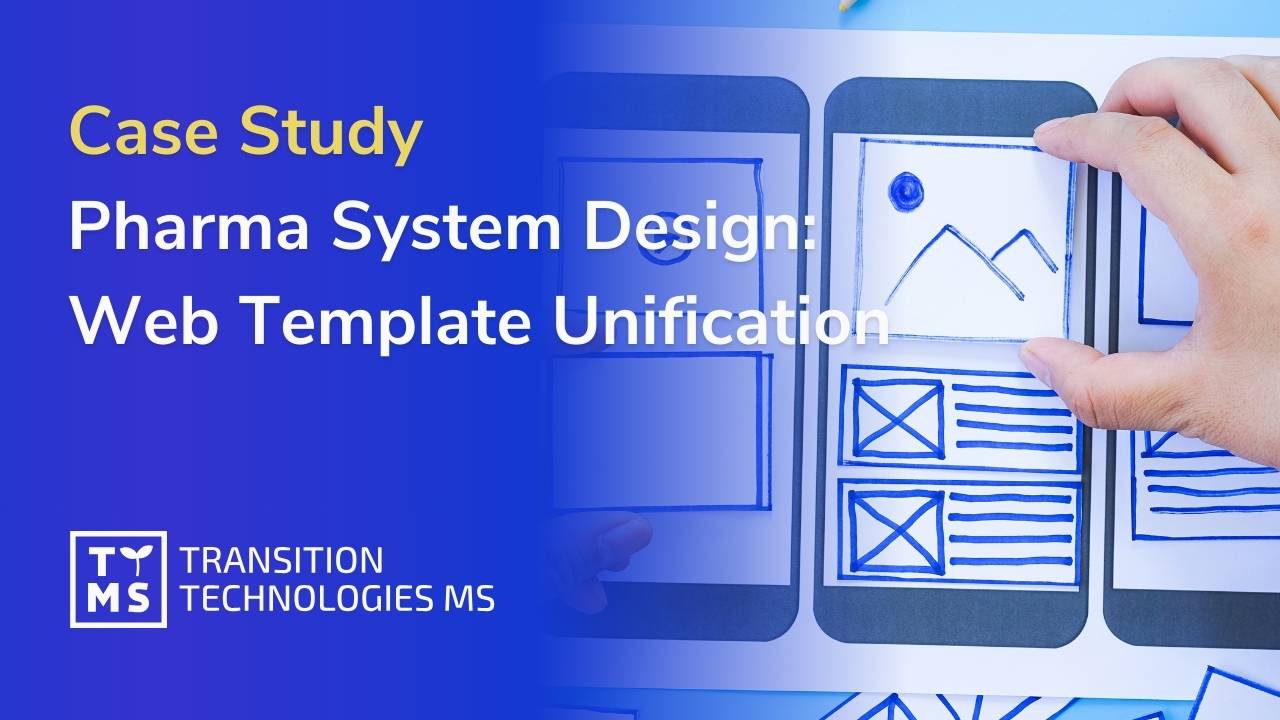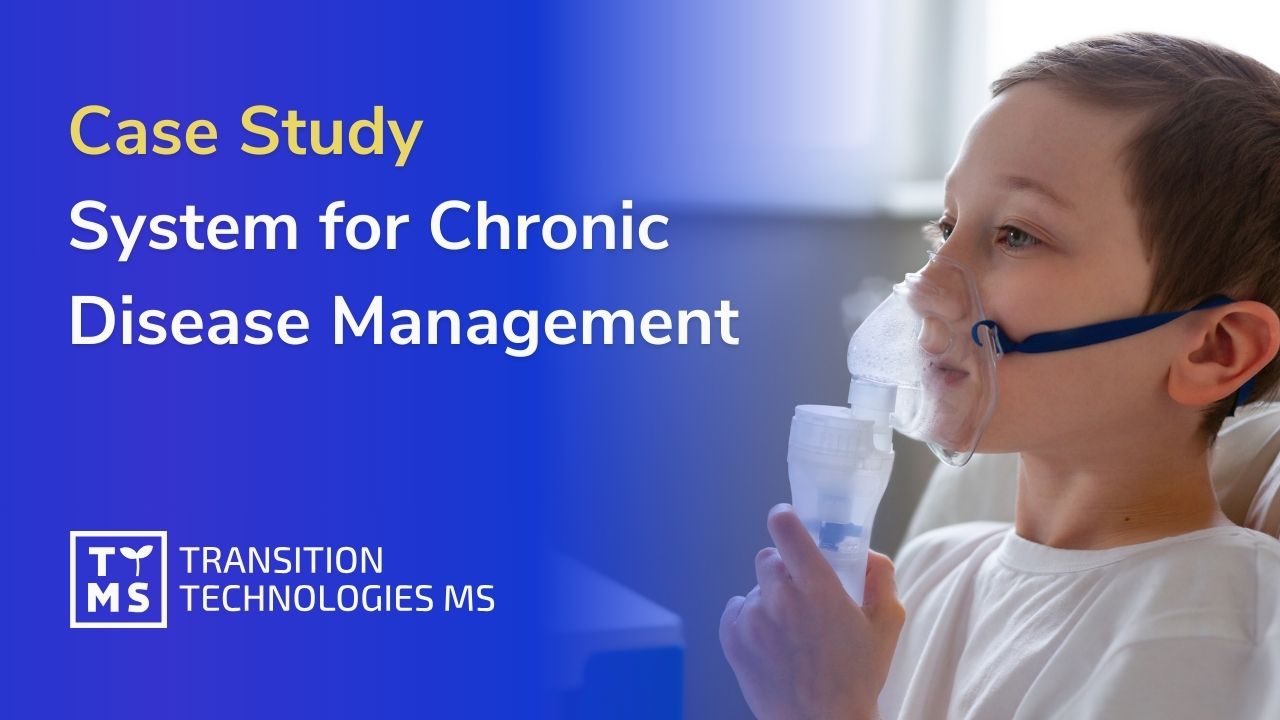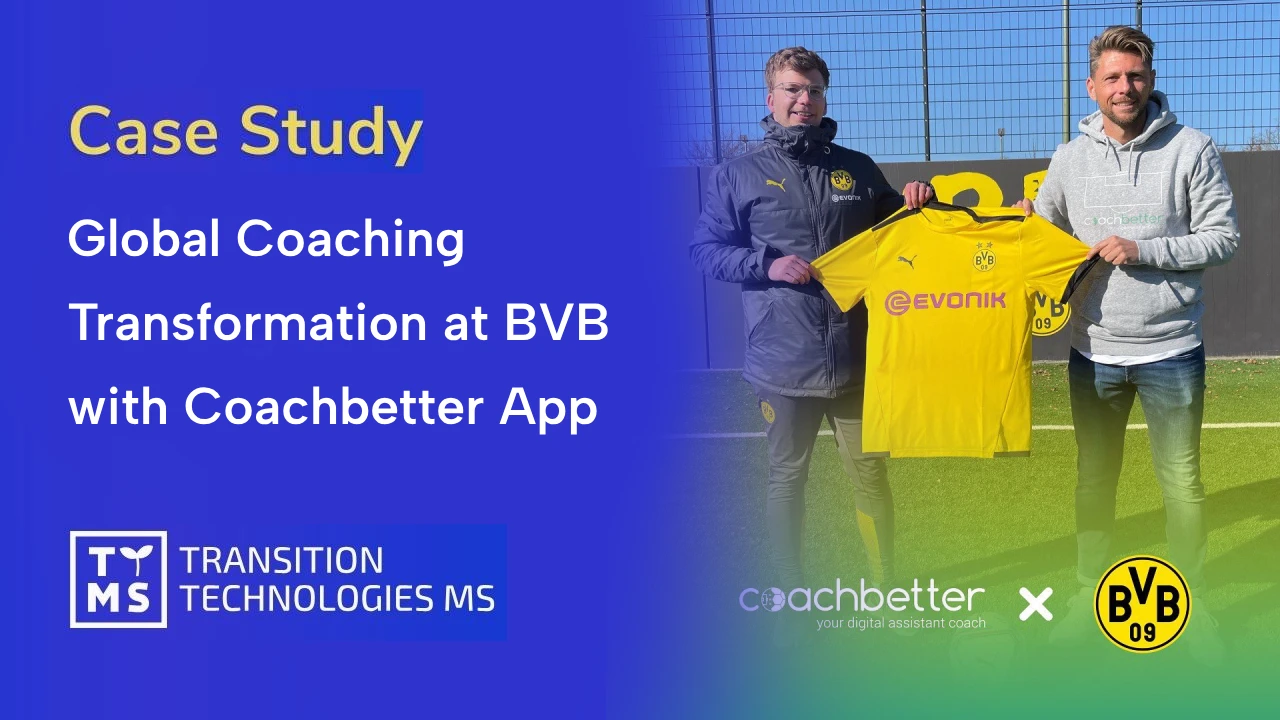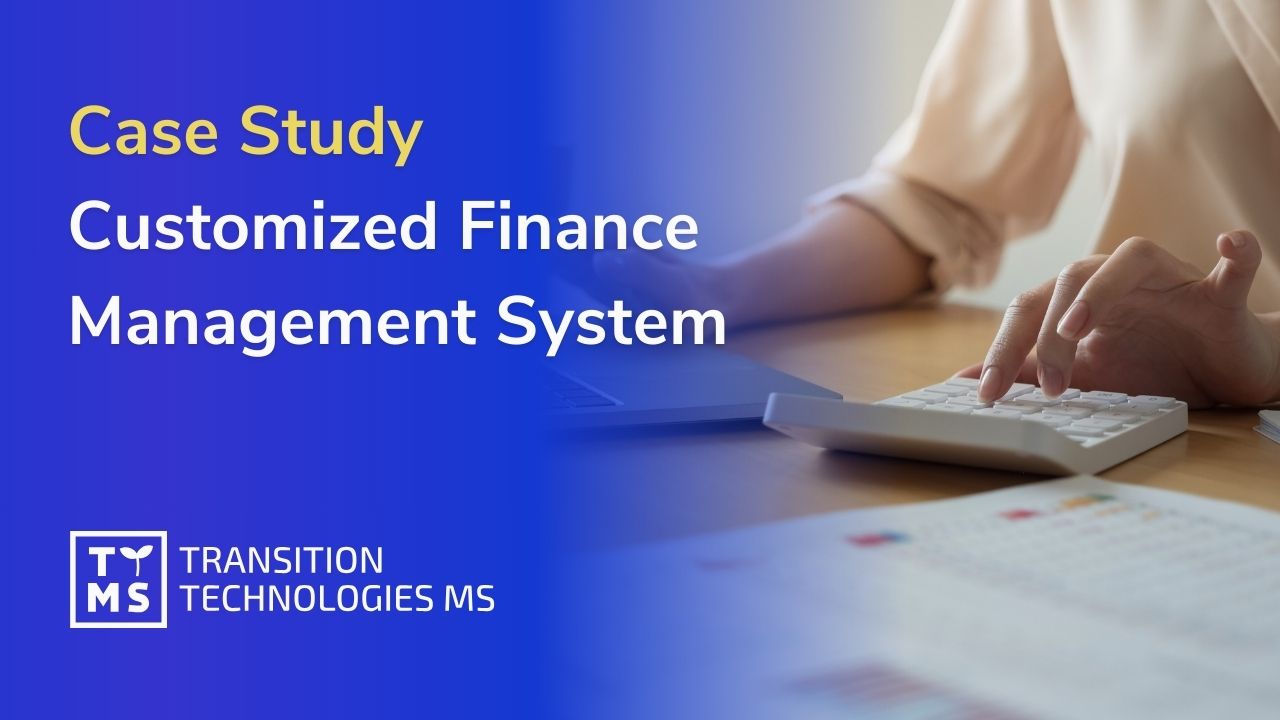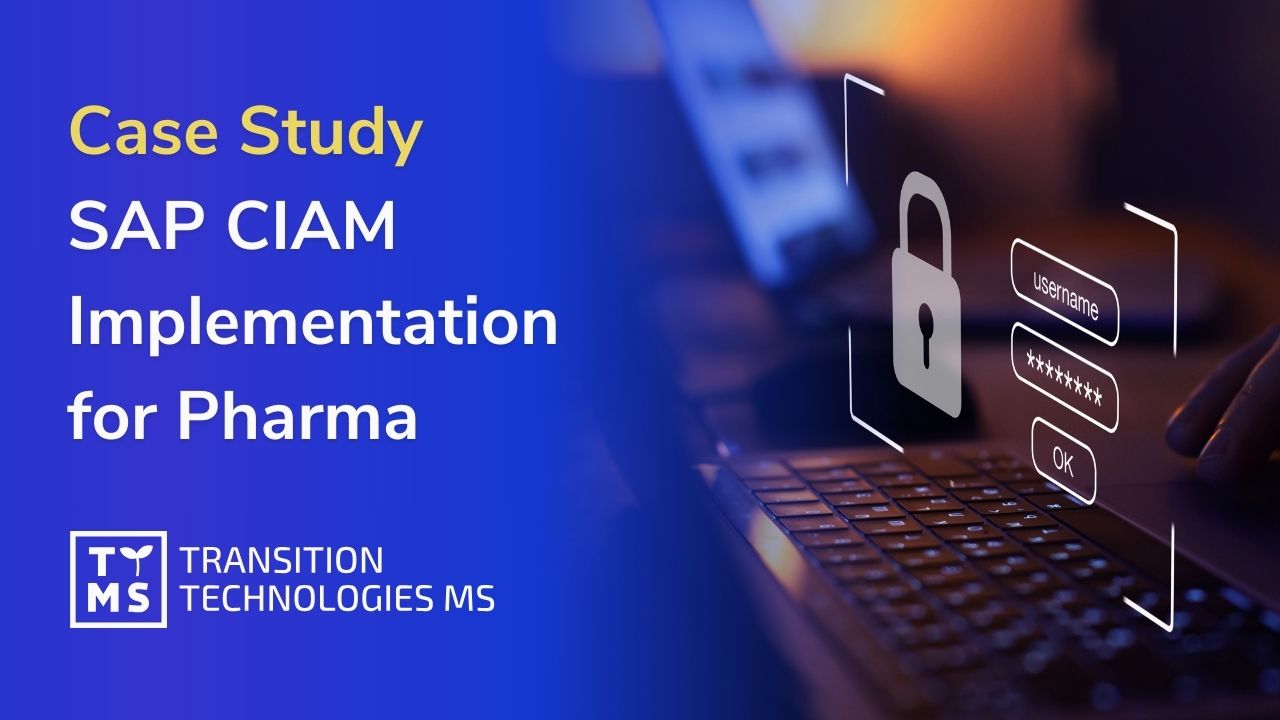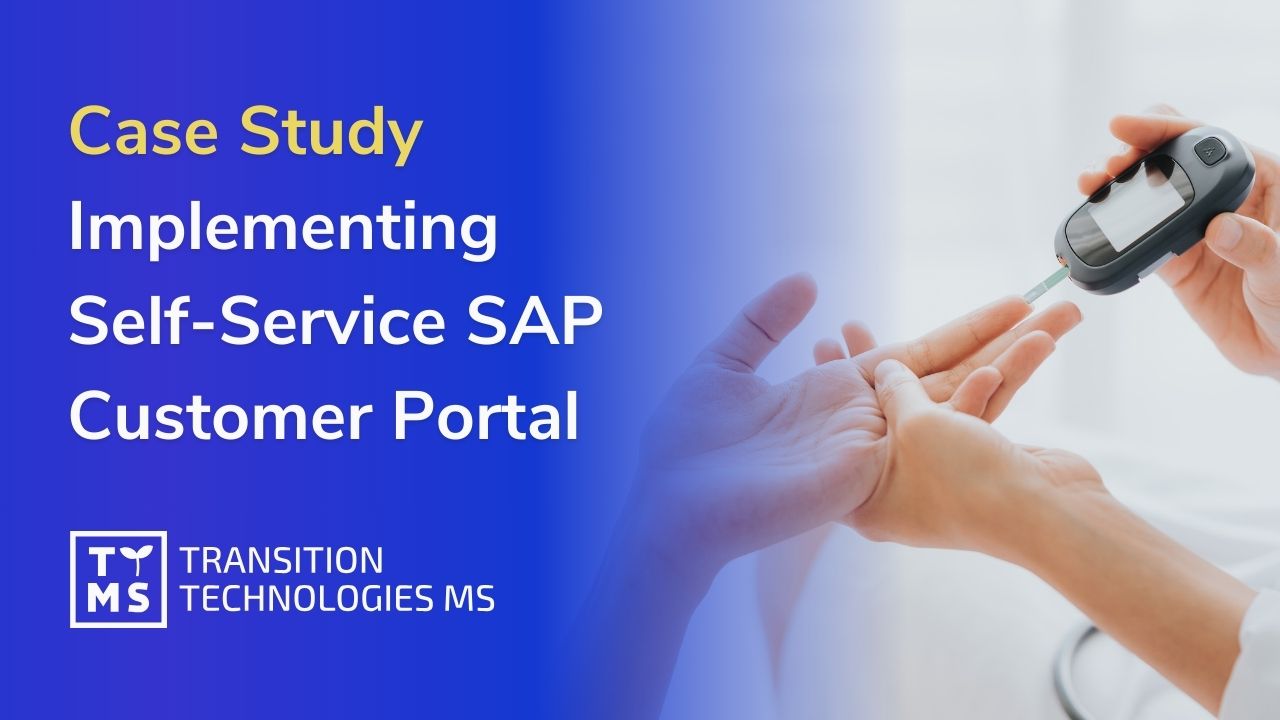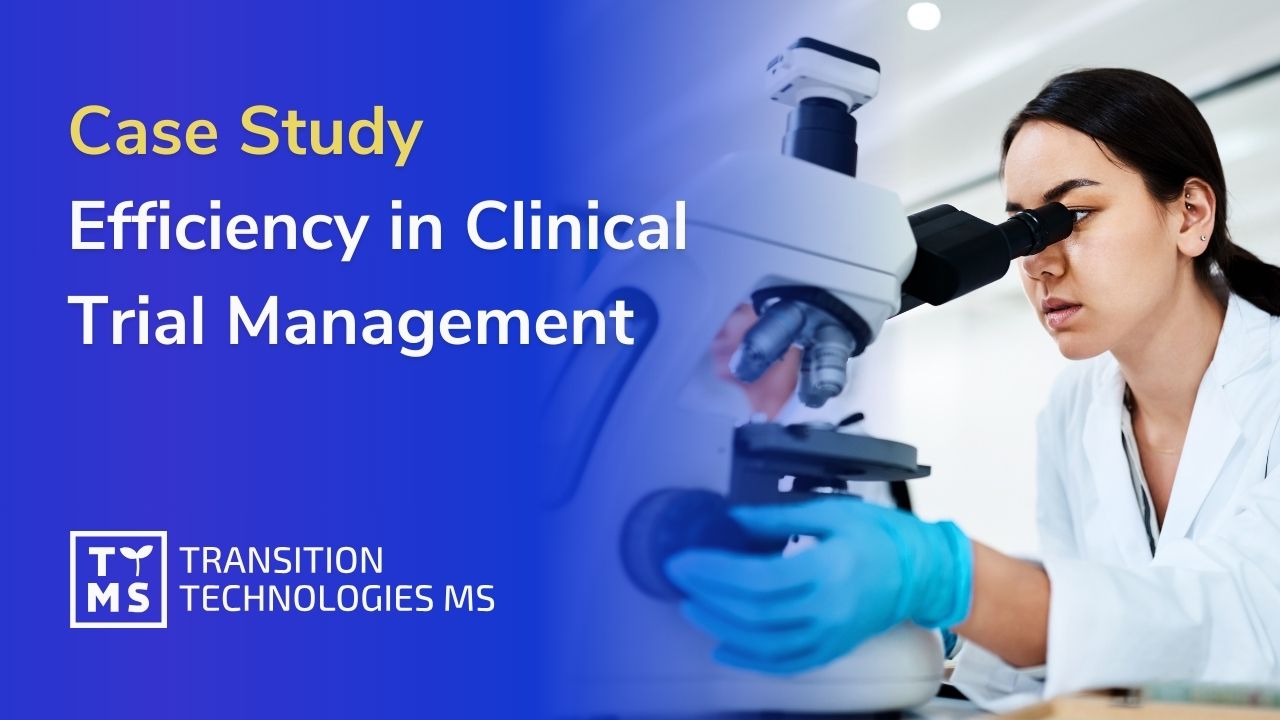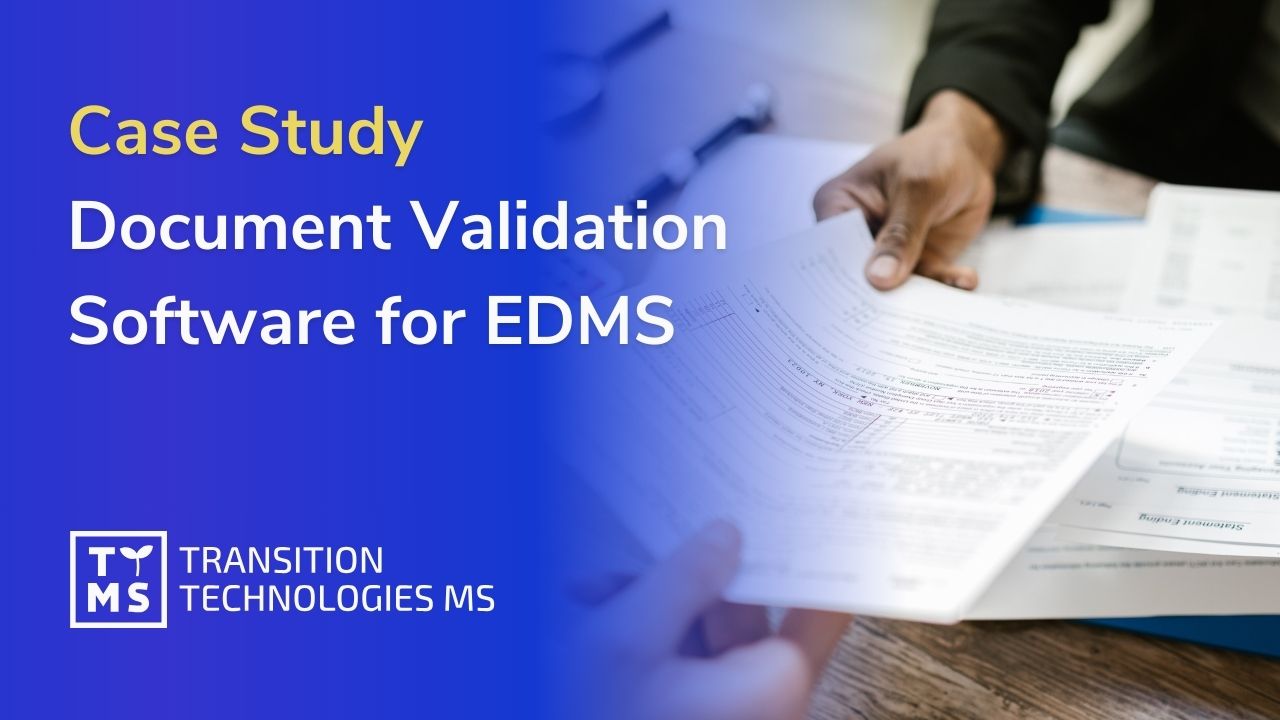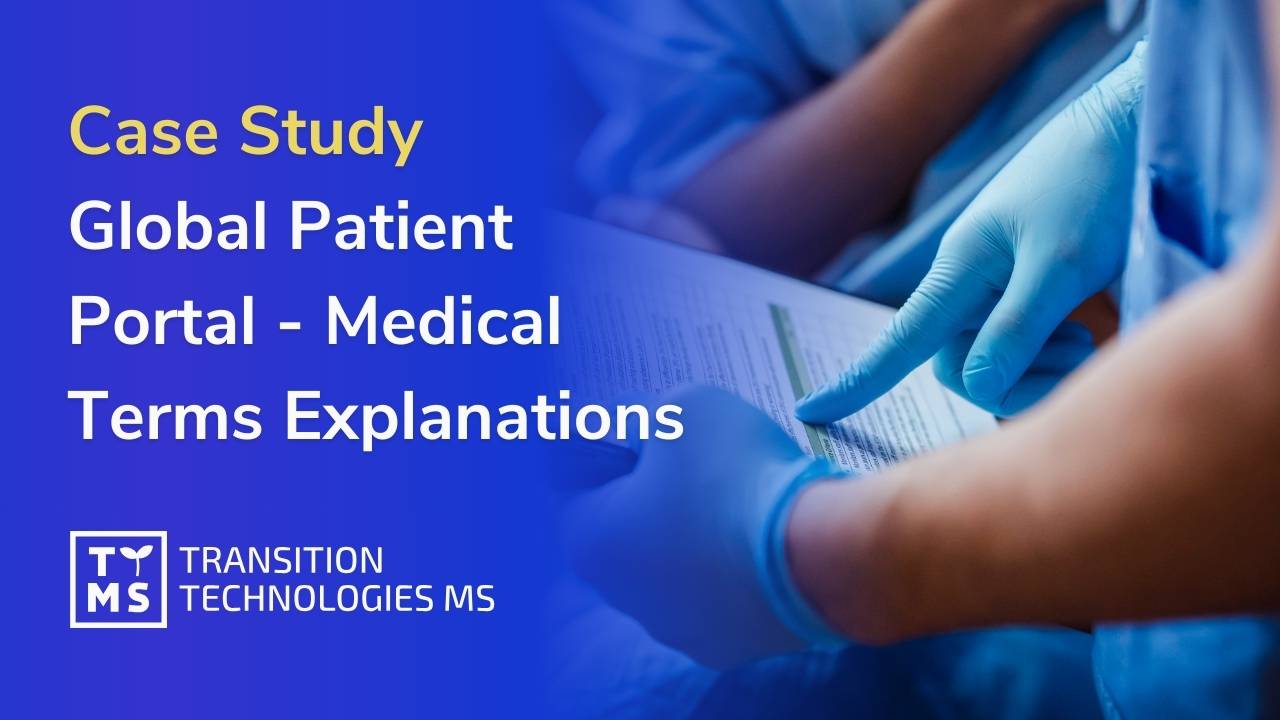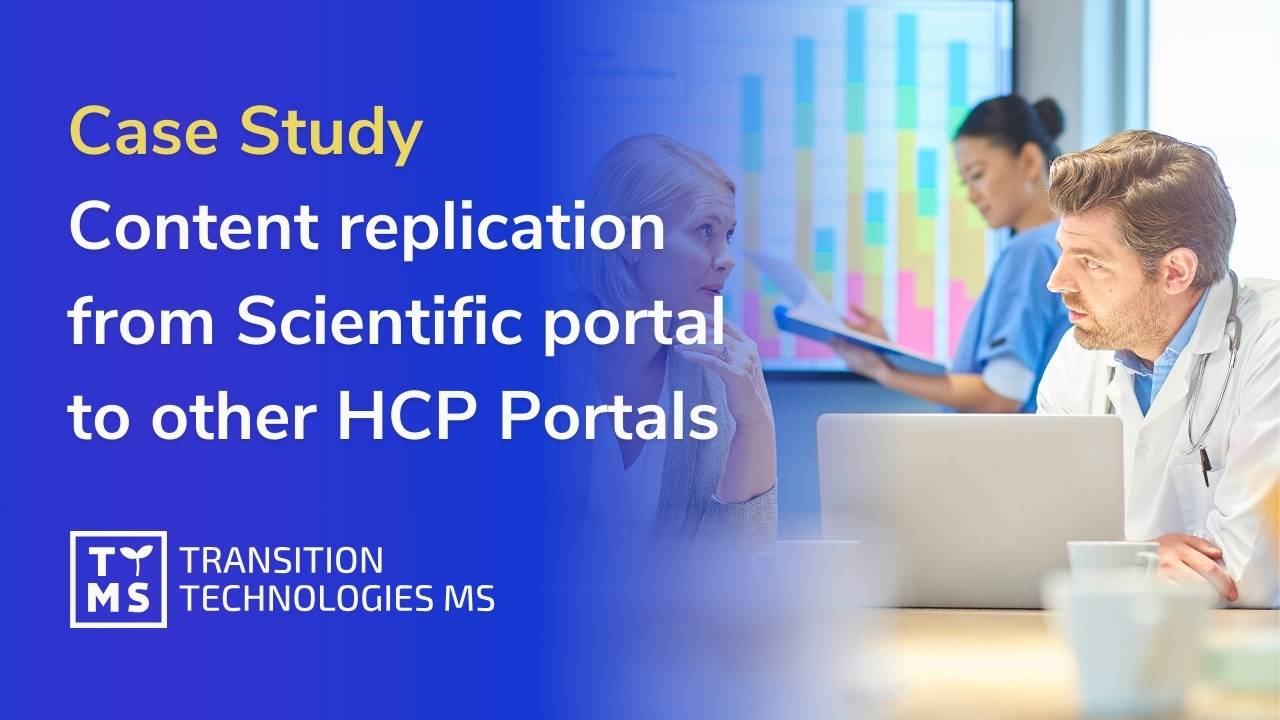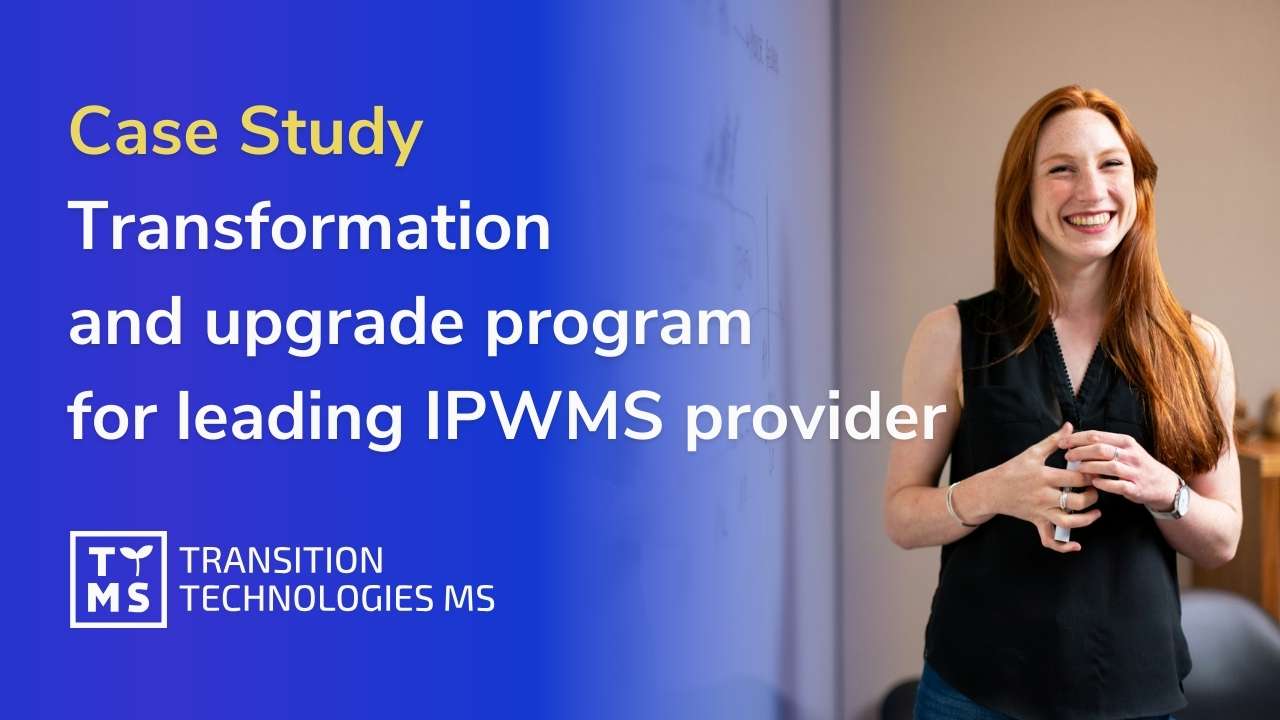
Clinical Trials Management Case Study: Improving Validation and Efficiency
In this Clinical Trial Management Case Study, our client from the pharmaceutical industry operates within a highly regulated environment, particularly in clinical trial management and pharmacovigilance. Compliance with regulatory standards is crucial, as these areas are subject to frequent inspections by Health Authorities to ensure patient safety and data integrity.
Challenge: Overcoming Obstacles in Clinical Trial Management Through Enhanced System Integration and Compliance
The challenge lies in unifying and standardizing the process of clinical trial control and pharmacovigilance across multiple systems and interfaces. The complexity of this example of Clinical Trial Management and regulatory requirements necessitates rigorous validation and testing protocols to ensure adherence to standards and minimize risks associated with data integrity and patient safety.
Solution: Streamlining Clinical Trial Management with a Robust Validation Framework for Data Integration
To address the challenges in this Managing Clinical Trials Case Study, our team took responsibility for the validation of a data integration hub (DATA HUB) that centralizes and distributes safety-related data. Our validation duties encompassed:
- Defining the validation scope and testing parameters.
- Assessing risks associated with various functionalities.
- Evaluating the implementation and executing the validation plan.
- Planning and communicating the implementation of functionalities to dependent systems.
- Optimizing validation processes to focus on critical areas impacting product quality.
- Planning post-implementation processes such as change management, security elements, business continuity, testing strategies, and incident management.
Outcome: Improved Efficiency and Effectiveness in Managing Clinical Trials through Strategic Validation
The implementation of this example of Managing Clinical Trials and our validation strategy has already demonstrated significant positive outcomes. For instance, by leveraging risk assessment, we reduced the scope of testing. High-risk processes underwent full testing, while those with lower risk were validated using unscripted exploratory tests. This approach not only improved test quality but also reduced the number of tests conducted by our team to one-third of previous levels.
Additionally, we developed a detailed process for integrating new interfaces and data flows, which streamlined documentation requirements and reduced testing efforts. This standardization positively impacted deployment processes by accurately estimating required efforts and minimizing workload during subsequent integrations.
Are you interested in our Pharma Software Development Services? Explore our offer.
Conclusion: Advancing Clinical Trial Management through Proactive Validation and Integration Strategies
As our implementation progresses, these proactive measures in validation and integration processes are expected to further enhance operational efficiency and regulatory compliance. By focusing on critical processes and optimizing validation strategies, we are positioning ourselves to meet and exceed regulatory expectations while maintaining high standards of patient safety and data integrity.
This Clinical Trials Management Case Study exemplifies our commitment to continuous improvement and innovation in pharmaceutical regulatory compliance and operational excellence. By aligning our validation efforts with industry best practices and regulatory requirements, we ensure that our processes not only comply with current standards but also anticipate and adapt to future regulatory changes effectively.
Check other case studies
Ready to take your business to the next level?
Let’s talk about how TTMS can help.

Monika Radomska
Sales Manager









